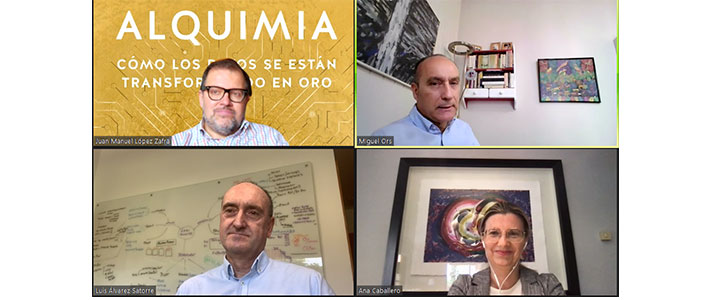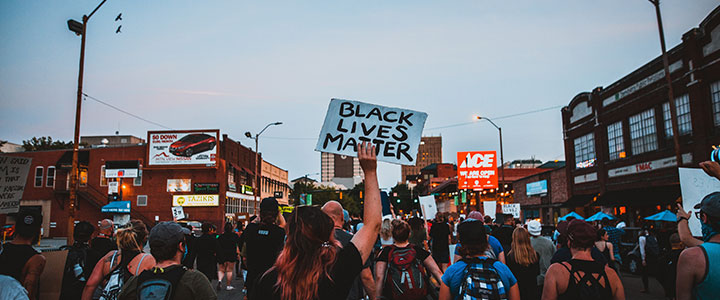Since the U.S. presidential election and the Brexit referendum, both in 2016, the risk to Western democracies from fake news has been part of the global political debate. But in the twenty-first century, five years of technology is a long time. And the dangers have grown, becoming more sophisticated. While platforms and the authorities barely manage to lessen the spread of fake news on platforms such as Facebook, Twitter, and WhatsApp, new risks are starting to be tangible within the development of Artificial Intelligence (AI). In 2021, we should no longer trust a video with inflammatory statements from a political leader: it might have been created with AI. And these deep fakes are just one of the manifestations of the phenomenon we find ourselves in.
Read moreUnchecked technology, democracies in danger: Beyond fake news




